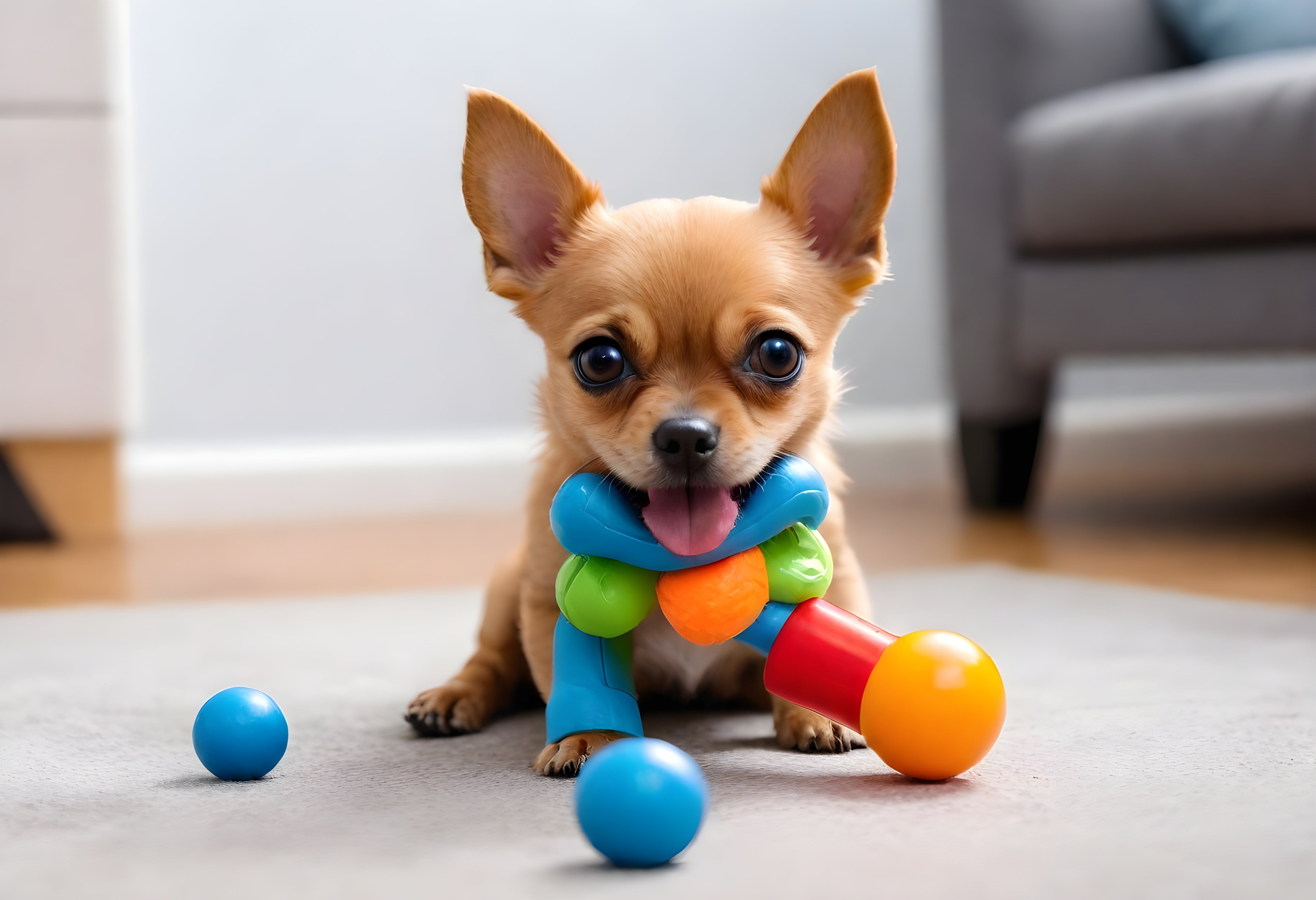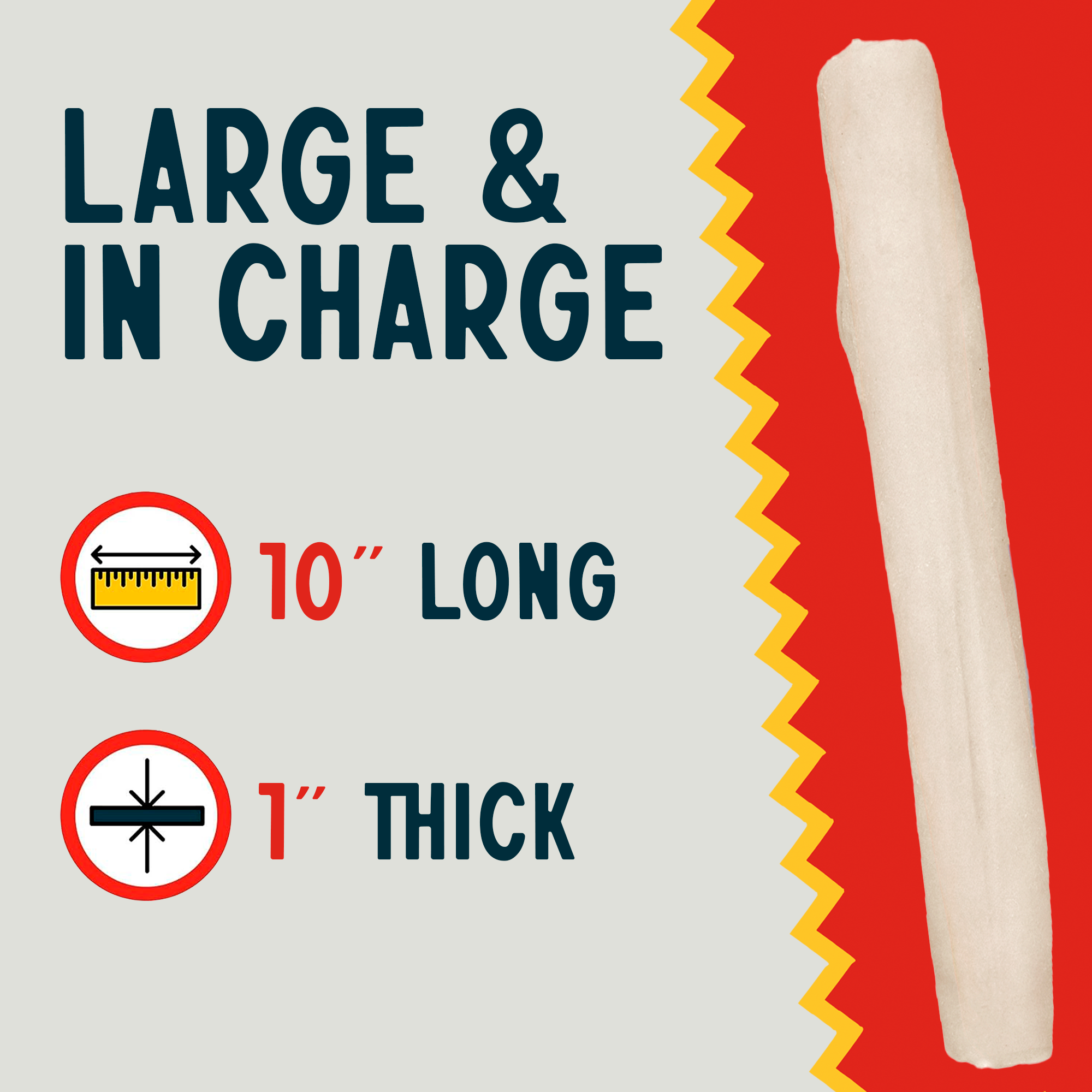Dogs come in all shapes and sizes, but their personalities are just as diverse! Just like humans, each canine companion has a unique set of traits, preferences, and quirks. Understanding your dog's personality is key to building a strong bond, providing effective training, and creating a harmonious household.
In this blog post, we'll delve into the fascinating world of dog personalities. We'll explore some common personality types and offer tailored tips on how to manage and train your furry friend based on their unique characteristics.
The Playful Pup: A Ball of Boundless Energy
Playful pups are bundles of joy, always up for a game of fetch, a romp in the park, or a good old-fashioned cuddle session. These energetic canines thrive on interaction and require plenty of physical and mental stimulation. Here are some tips for managing a playful pup:
- Provide daily exercise: Regular walks, playtime in a fenced-in area, and interactive toys like food puzzles or treat dispensers can help burn off your pup's energy and prevent boredom-induced mischief. Aim for at least an hour of exercise per day, split into multiple sessions if needed.
- Enroll in obedience training: While playtime is important, training helps establish boundaries and teaches your pup valuable life skills. Focus on commands like "sit," "stay," and "come," using positive reinforcement and plenty of praise. Clicker training can be particularly effective with playful pups, as the click marks the exact moment the desired behavior occurs.
- Offer mental stimulation: Interactive puzzle toys, games like hide-and-seek, or even basic scent training can challenge your pup's mind and keep them engaged. Rotate toys regularly to maintain novelty and prevent boredom. Subscription boxes with new toys delivered monthly can be a fun way to keep things fresh.

The Independent Thinker: A Dog Who Marches to Their Own Beat
Independent dogs can be affectionate but often prefer their own company. They may not be as eager to please as some breeds and might require a bit more patience and creativity during training. Here are some tips for managing an independent dog:
- Positive reinforcement is key: Reward desired behaviors with praise, treats, or playtime to encourage repetition. Food-motivated pups may respond well to high-value treats like freeze-dried meats or liverwurst. Independent thinkers might require a bigger reward for learning a new command compared to a more eager-to-please dog.
- Focus on building trust: Respect your dog's need for space, but also create opportunities for positive interaction and bonding experiences. This could involve offering a tasty chew toy while you're nearby or rewarding calm behavior during playtime.
- Make training fun and engaging: Short, engaging training sessions with plenty of variety can keep your independent pup interested. Incorporate games and positive reinforcement to make learning fun. Consider using a flirt pole to encourage chasing and reward them for returning the toy.
- Keep training sessions short and sweet: Aim for 5-10 minute training sessions several times a day rather than one long, monotonous session.
The Shy Companion: A Gentle Soul Who Needs Patience
Shy dogs can be timid and hesitant around new people, animals, and environments. They require a calm and patient approach to build confidence and overcome their anxieties. Here are some tips for managing a shy dog:
- Provide a safe space: Create a quiet, familiar area where your dog can feel secure and comfortable. This could be a crate, a designated spot on the couch, or a dog bed in a quiet room. Make sure this space is decorated with familiar items like your scent or a favorite blanket.
- Respect your dog's boundaries: Don't force interaction. Let your shy pup approach new people and animals at their own pace. Avoid overwhelming them with attention and allow them to retreat to their safe space if needed.
- Positive reinforcement is essential: Reward even small steps towards overcoming fear with praise, treats, and gentle affection. For example, if your dog approaches a new person but hesitates, reward them for their bravery even if they don't get all the way there. Gradually increase expectations as your dog's confidence grows.
- Consider professional help: If your dog's shyness is severe, causing significant distress, or interfering with daily life, consult with a certified animal behaviorist for personalized guidance. A behaviorist can help you develop a desensitization and counterconditioning program to gradually expose your dog to their triggers in a positive way.
The Anxious Soul: A Dog Who Needs Reassurance

Anxious dogs can become easily stressed in unfamiliar situations or when separated from their loved ones.
They may exhibit behaviors like excessive barking, chewing, or pacing. Here are some tips for managing an anxious dog:
- Identify triggers: Pay attention to what triggers your dog's anxiety and try to avoid those situations when possible. Common triggers include loud noises, thunderstorms, being left alone, or meeting new people.
- Desensitization and counterconditioning: Gradually expose your dog to their triggers in a positive way, helping them associate those triggers with calmness and security. For example, if your dog is afraid of thunderstorms, play recordings of rain at a low volume while offering treats and praise. Slowly increase the volume over time.
- Provide a calm and predictable routine: Routine helps anxious dogs feel safe and secure. Stick to consistent feeding times, walk schedules, and playtime activities. Create a relaxing bedtime routine to help your dog wind down before sleep.
- Consider calming aids: There are various calming aids available, such as pheromone diffusers or anxiety wraps, that may help some dogs feel more relaxed. Always consult with your veterinarian before introducing any new products to your dog.
- Medication: In severe cases, medication may be necessary to manage anxiety. Your veterinarian can discuss if medication is right for your dog.
The Guardian: A Loyal Protector
Guardian breeds are known for their protectiveness and loyalty. While these qualities are admirable, they can sometimes lead to unwanted guarding behaviors towards people, other animals, or possessions. Here are some tips for managing a guardian dog:
- Socialization is key: Early and frequent socialization with people, animals, and new environments helps guardian breeds learn to distinguish between threats and friendly visitors. Enroll your puppy in puppy socialization classes and continue socialization efforts throughout their life.
- Channel their guarding instincts: Provide your dog with appropriate outlets for their protective instincts, such as obedience training that focuses on commands like "stay" and "leave it." You can also try dog sports like rally obedience or nose work.
- Manage greetings: Don't allow your dog to jump up on people or guard the door when guests arrive. Teach them a calm greeting behavior, such as sitting for pets.
The Senior Sweetie: A Gentle Companion

Senior dogs may have lower energy levels and require adjustments to their routine. Here are some tips for caring for a senior dog:
- Adjust exercise: Reduce the intensity and duration of walks or playtime to accommodate your senior dog's physical limitations. Opt for shorter, more frequent walks or indoor activities like puzzle toys.
- Prioritize comfort: Provide a comfortable bed with ample padding and consider ramps or steps to help your dog navigate furniture. Regular vet checkups are essential to monitor for age-related health problems.
- Shower them with love: Senior dogs still crave affection and interaction. Spend quality time with your furry friend through gentle petting, brushing, or calm games.
Remember: Every dog is an individual, and these are just general guidelines. Observe your dog's unique personality and tailor your approach accordingly. With patience, love, and positive reinforcement, you can build a strong bond with your furry friend, regardless of their personality type.









